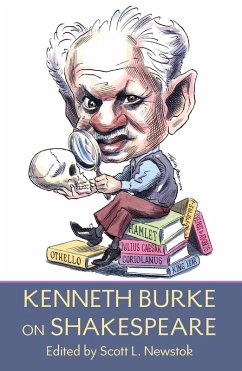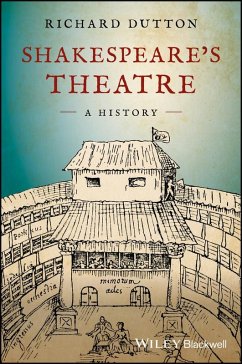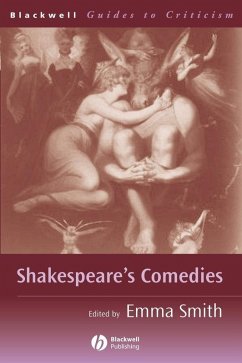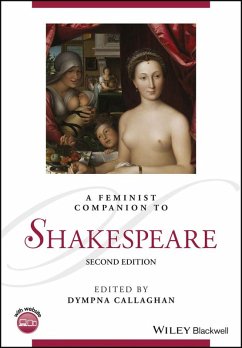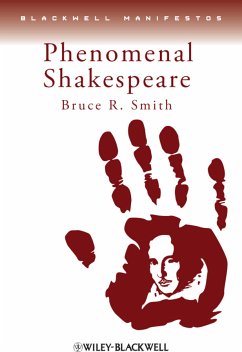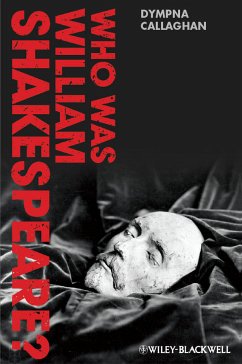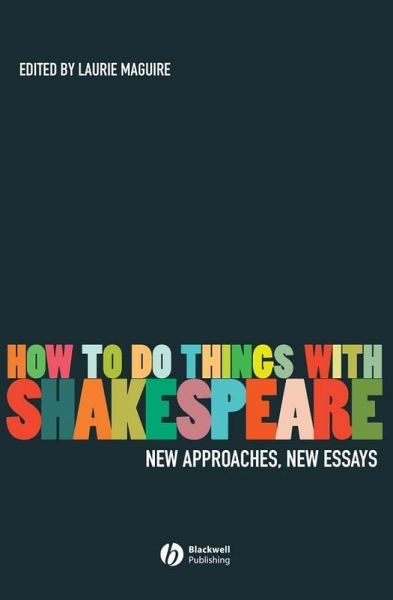
How To Do Things With Shakespeare (eBook, PDF)
New Approaches, New Essays
Redaktion: Maguire, Laurie
Versandkostenfrei!
Sofort per Download lieferbar
105,99 €
inkl. MwSt.
Weitere Ausgaben:

PAYBACK Punkte
0 °P sammeln!
HOW TO DO THINGS WITH SHAKESPEARE HOW TO DO THINGS WITH SHAKESPEARE "This is a companion to Shakespeare with a difference. Vive la différance!" DAVID BEVINGTON, UNIVERSITY OF CHICAGO "Doing things with literature: scholarly articles are not the only way to go. Aristotle uses a lecture, Horace a letter, Sidney a mock oration. Laurie Maguire and the contributors to this book engage in a genial conversation that invites students in. Like all good conversations, this one admits first-person candor, keeps things lively by changing the subject five times, welcomes disagreements, and waits for what ...
HOW TO DO THINGS WITH SHAKESPEARE HOW TO DO THINGS WITH SHAKESPEARE "This is a companion to Shakespeare with a difference. Vive la différance!" DAVID BEVINGTON, UNIVERSITY OF CHICAGO "Doing things with literature: scholarly articles are not the only way to go. Aristotle uses a lecture, Horace a letter, Sidney a mock oration. Laurie Maguire and the contributors to this book engage in a genial conversation that invites students in. Like all good conversations, this one admits first-person candor, keeps things lively by changing the subject five times, welcomes disagreements, and waits for what the reader-listener is going to do in response." BRUCE SMITH, UNIVERSITY OF SOUTHERN CALIFORNIA, LOS ANGELES
Dieser Download kann aus rechtlichen Gründen nur mit Rechnungsadresse in D ausgeliefert werden.



